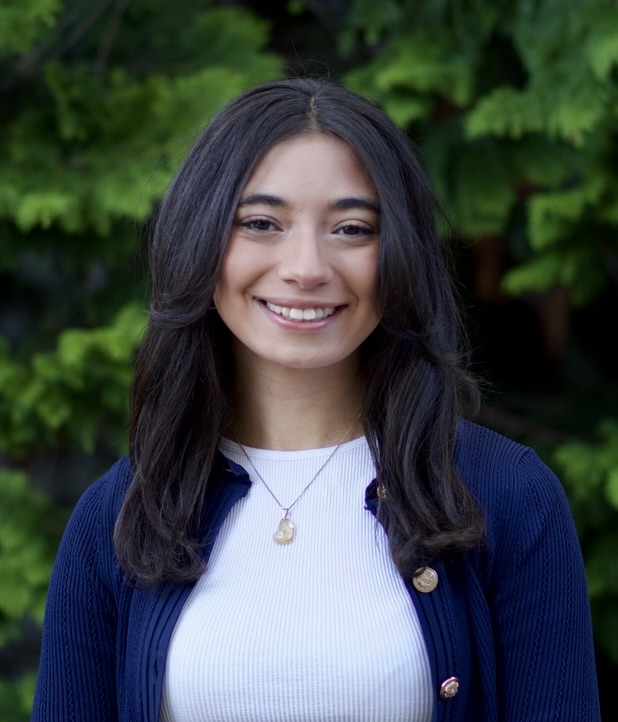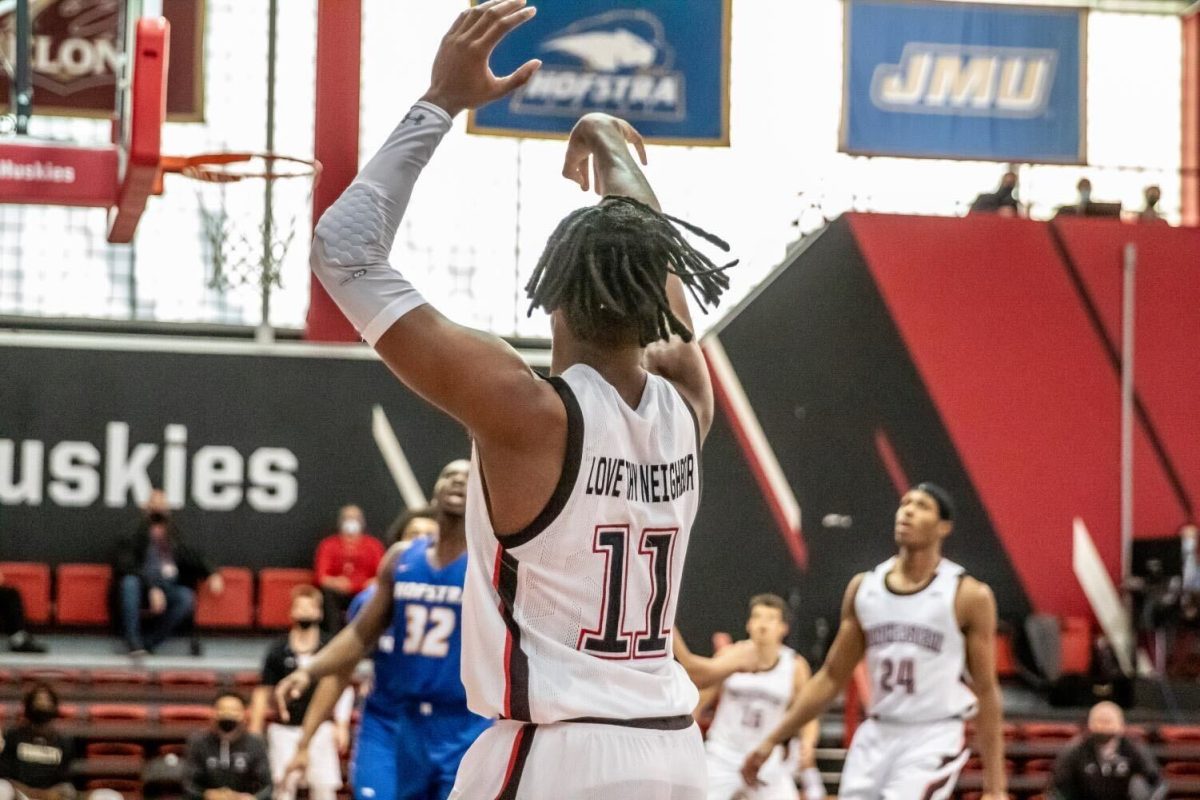Op-ed: Northeastern should consider the pitfalls of an opt-in Wellness Day system
November 14, 2022
Growing up in my Latina household, I was always reminded by my immigrant mother that education is the highest achievement to strive for. My mother herself was never able to complete her education, which empowered me to strive far in my academic goals. I carry this weight with me in every class I take and every assignment I tackle.
Arriving at Northeastern, this mindset has had adverse effects on my mental health like I have never experienced before. When I heard about Northeastern’s Wellness Day program, part of me felt guilty for even considering taking a day for myself. It would be as if I took a break from pursuing my mother’s dreams, which have now become mine.
As someone who deals with lots of anxiety and stress, the workload of school on top of balancing a multifaceted life feels extremely overwhelming — some days more than others. College students are expected to attend class, complete assignments, participate in extracurricular activities and possibly have a job, while simultaneously maintaining a healthy mental state. This expectation will undoubtedly lead to burnout for some. Taking this issue into consideration, Northeastern began this semester with the Wellness Day program, which provides students with an opportunity to have two excused absences by filling out a form on Student Hub.
As of now, I have already used one Wellness Day this semester. While this option may seem beneficial to students’ mental health, I found that taking a day off classes only increased my stress. The next day, when I had to return back to my class schedule, I was suddenly falling behind. By taking a day off, I missed class lectures, discussions and in-class assignments. That week, I ended up doing even more work than I would have had to without taking the Wellness Day. Not only did I have to resume my previous workload, but I now had an additional amount of work to finish in a shorter period of time.
I assumed that a Wellness Day would be a way to step back from the constant stress of school that was affecting my mind and body. Instead, it made it worse. As a result, I have been very hesitant about when or if I should even use my second excused absence.
Since the start of the new school year, professors have told students to attend class because of the university’s strict attendance policy. Northeastern’s 2022-2023 attendance requirements page states, “class participation is essential to success no matter the course format or its delivery; therefore, attendance is mandatory.” By emphasizing that class participation is crucial to success, students, like myself, are placed under an unnecessarily heightened academic pressure to not fail. Students are already reluctant to miss out on school for feeling ill, since all classes must be in-person. Many professors also prohibit Zoom meetings from being provided except for extraordinary circumstances. Despite students feeling mentally exhausted, there is a high chance they will neglect their well-being by refusing to take a day off.
One’s mental health is always more important than anything else, especially grades, which is far too often misconstrued in college. In my personal experience, I have always been hard on myself. The expectation to achieve perfect grades consistently will inevitably have a negative impact on my life in many regards. When I feel this pressure, I also fail to make time for social interactions, meals and myself. Despite these tribulations, I caved in to take upon a Wellness Day, which ultimately did not improve my mental state as Northeastern originally intended.
I do believe that Northeastern has good intentions in providing Wellness Days to care for students’ mental health. That being said, perhaps having university-wide mental health days would be more effective in tending to students’ school-related stress. If the student population as a whole receives two days off by Northeastern itself, students could use the day to partake in self-care without the worry of what may be occurring in class while they are gone.
Rachel Umansky-Castro is a second-year criminal justice and journalism combined major. She can be reached at umansky-castro.r@northeastern.edu.







